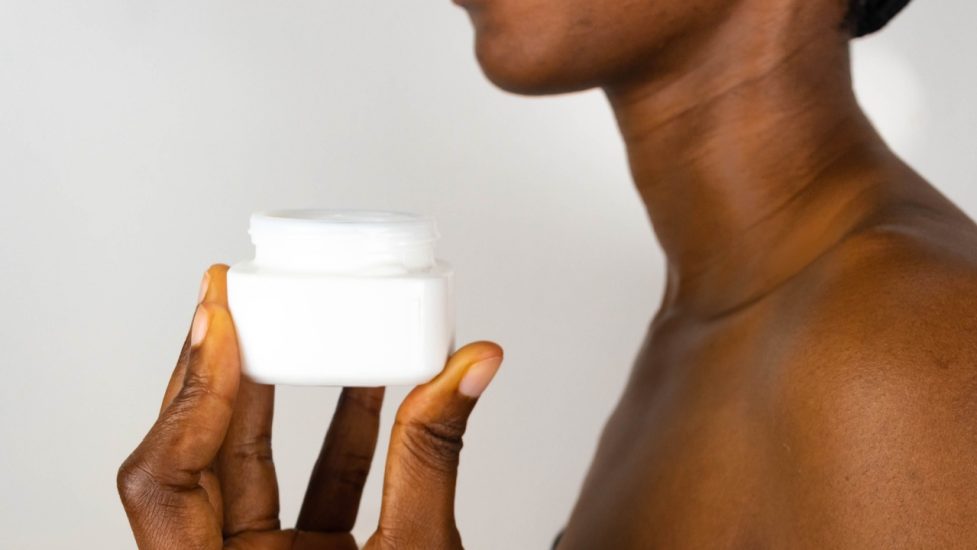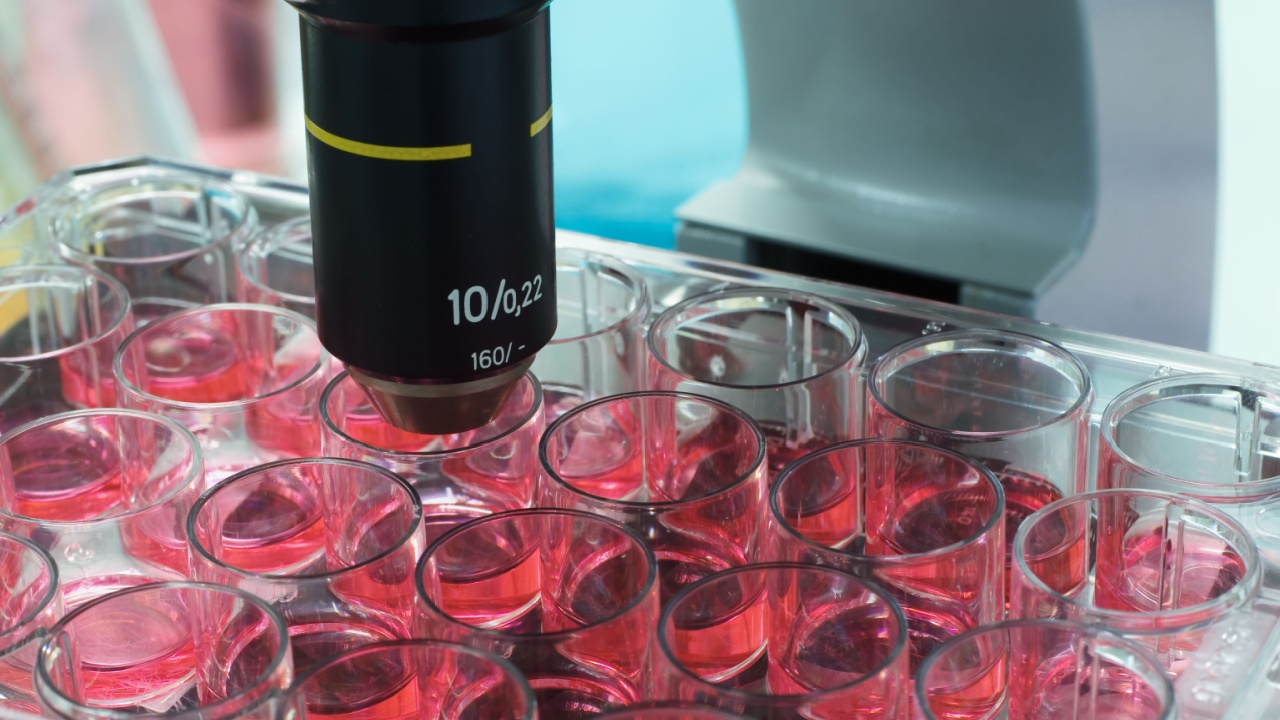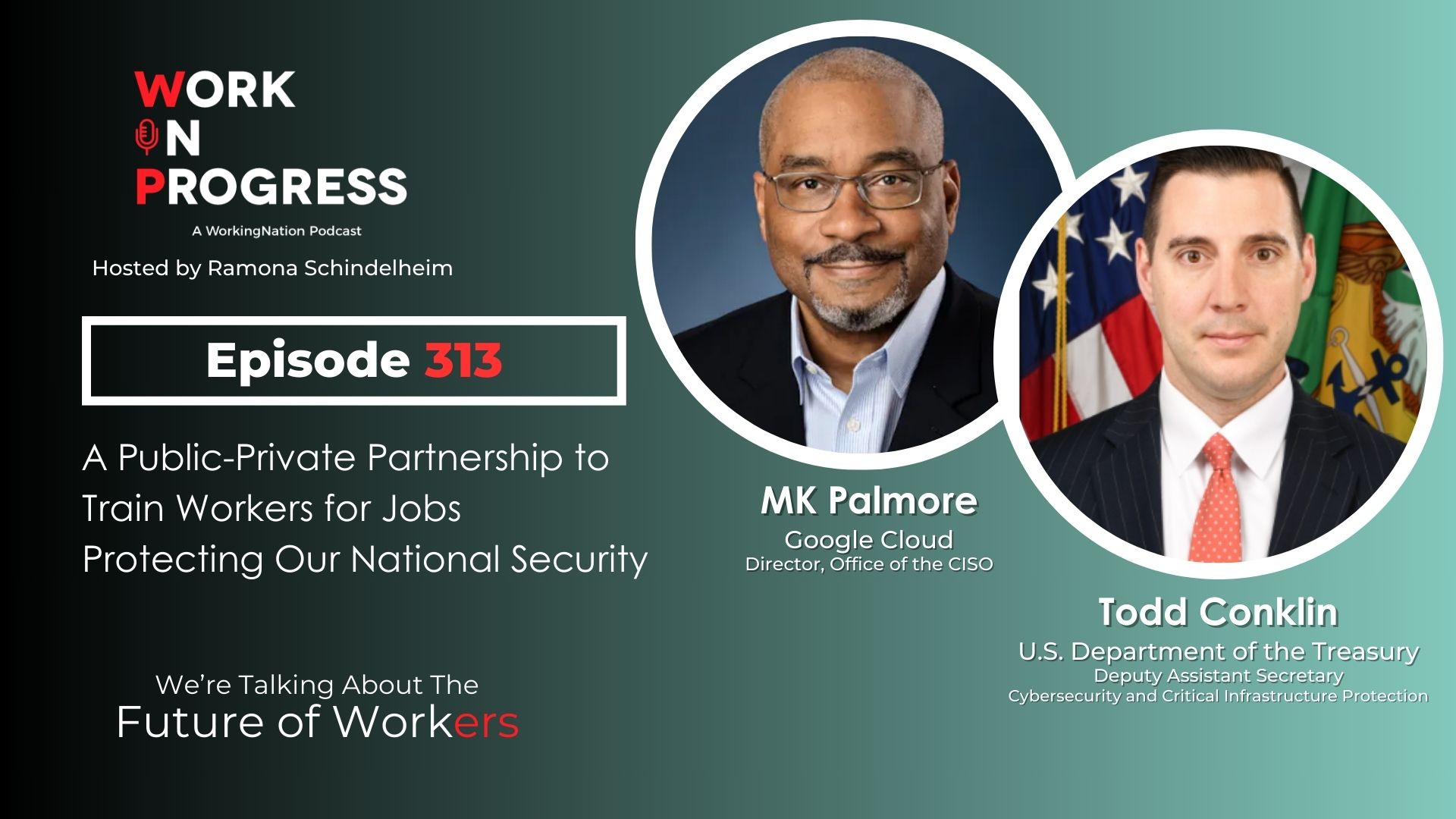Make room, Rihanna.
The singer’s beauty line Fenty could soon be sharing shelf space with innovations from graduates of Spelman College’s new program that aims to develop new scientists, researchers, marketers, and entrepreneurs in the Black beauty business. The school’s new, history-making cosmetic science program opens the doors for careers in the multi-billion-dollar industry.

“The cosmetics and personal care market is so vast, it’s probably one of the highest-grossing markets out there after pharmaceutical,” says Leyte Winfield, Ph.D., Spelman College professor of chemistry and biochemistry.
“The same type of technical expertise you would need to advance pharmaceutical sciences or drug development, you also need to advance beauty and personal care products.”
Decorative cosmetics like makeup commonly come to mind when thinking of “cosmetics.” But the discipline also includes products like body wash, shampoo, moisturizers, deodorants, and more. Despite Black women spending $7.4 billion on cosmetic products every year, Black beauty brands only represent 2.5% of the market.
Through Spelman, the college’s online program, a cosmetic science certificate was already offered to non-enrolled adult learners. It was not available to enrolled students. When it kicks off this fall, it will be the first cosmetic science program at a Historically Black Colleges and Universities (HBCU).

“Black women are significantly underrepresented in cosmetics research, development, formulation, and the technical aspects of developing the products. We hope with this program, we will be training individuals who can move the needle on addressing that underrepresentation,” Winfield says.
Winfield’s personal passion for the field and the overwhelming interest from undergraduates were among the catalysts for the new degree program. In fact, students established a club, the Spelman Society of Cosmetics, even before the undergraduate program was created. It already has 120 members.

“The club is really catered towards students who have an interest in cosmetic science, regardless of their major or minor,” says club founder and president Sonah Bundu, a junior, economics major at Spelman. “If you’re interested in cosmetic science, you’re welcome. You’re welcome to learn more about skincare, haircare, whatever sector that they’re interested in, I feel like it’s also used as an informative space to bounce ideas off each other to learn more.”
Bundu grew up in her mother’s hair salon and learned early on about safe hair products and treatments for her curly hair, sparking her entrepreneurial spirit. She’s developing her own hair oil through Spelman’s innovation lab.
“It’s inspiring, just seeing a lot of Black women in the same space. We’re interested in the same thing and knowing that in the real world, it’s not a huge percentage of us in these spaces in these labs that are contributing to the millions of dollars that are spent from Black women who are buying these products,” Bundu says. “We know that the work that we do here is going to transcribe in a greater way in the future.”
Club vice president Mallory Butts is seeking a dual degree in chemistry and chemical engineering with the goal of becoming a cosmetics chemical engineer. She’s already interned at beauty company Estée Lauder, but her interest in cosmetics began in childhood when she attempted to create her own lipsticks out of crayons, and later struggled to find effective and safe acne treatments for her melanated skin.

“That was sort of an initial starting point for me as far as trying to be like, ‘Well, how can I fit in this? What can I do?’,” Butts says. “And so, in part by being a Black woman in that space, adding more Black women who personally can relate to it and do something about it, I’m contributing in that way, and then also making product that’s catered toward melanated skin, as well. So that is my future plan.”
Club programming has been member-led and educational. They’ve had discussions about different processes for skincare, haircare, fragrances, and color cosmetics. Recently, it held a collaboration with Benefit Cosmetics that included a presentation about job opportunities and the brand’s new skincare products.
This kind of extra-curricular activity complements the rigorous coursework of the cosmetic science program. The chemistry students’ learning will be enhanced by understanding how to translate concepts like pH and solubility, to understanding the relationship of those concepts to stability of products, and the importance of viscosity and rheology and surface chemistry and understanding how they function. In addition, there’ll be a focus on entrepreneurship, regulations, economics, as well as the psychology of beauty. Graduates can pursue careers in medicine, as scientists, data analysts, technical sales for raw ingredients, even in artificial intelligence (AI).
“This emerging area of AI, which would resonate with people who want to do color matching for foundations and select products based on a specific hair and skin type, we see the emergence of that on the market where you can answer questions, and, they figure out what’s the exact shampoo you want, or the exact conditioner that you want. So, there are a range of entry points for people trained as cosmetic chemists in the field,” Winfield says.
The cosmetic science program will track student outcomes to determine impact. Are students getting internships, becoming entrepreneurs in the industry, or pursuing graduate degrees? Do they end up in careers in beauty or beauty-adjacent?
“We will be looking for direct placement in the industry and also those who continue to do work that informs the industry,” Winfield says. “It’s important that we have this diversity of thought, this information that reflects who our students are, that goes into helping people understand how to create products for their community.”











